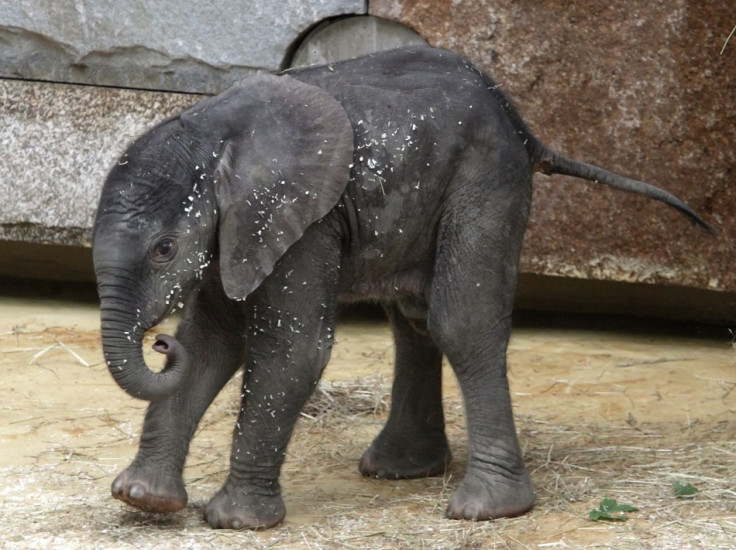CITES bans trade of wild African elephants to zoos and circuses
African elephants can no longer be taken from the wild to be sold to zoos and circuses due to a new CITES law.
Member nations voted during the 18<sup>th Convention on International Trade in Endangered Species of Wild Fauna and Flora (CITES) Conference in Geneva to prevent wild elephants from being captured and sold. Zimbabwe and Botswana, the countries which sell wild elephant calves, opposed the motion. The motion, with a few amendments, has been approved by the majority of the CITES nations.
The first committee vote on the text happened back on August 18. During that session, 28 European Union votes were not cast due to technical reasons. However, the European Union made it clear back then that they would be joining the United States in voting against the text. A large number of EU votes against the text would have changed the outcome.
According to The Independent, the decision could be due to the pressure from zoos in the continent which want to continue importing elephant calves. After the EU made their intent clear, there was a global outcry and pressure from famous activists.

Jane Goodall, Pamela Anderson and Brigitte Bardot all sent letters to EU commission chief, Jean-Claude Juncker imploring him to back the ban.
âš ï¸ðŸ˜@CITES #CoP18 46 governments voted to end cruel live #elephant trade. Shockingly next week when debate is reopened #EU & #USA will vote to continue trade.ðŸ˜
— Eurogroup For Animals (@Act4AnimalsEU) August 22, 2019
RT to ask @KarmenuVella, @AnttiRinnepj to#StopLiveTrade & keep #elephants in #Africa! #EUElephantSnatchers pic.twitter.com/beYIho7Lx2
The EU reconsidered their position and voted for the proposal only after a few exceptions were added to the text. The Guardian reported that the loophole states that the elephants should remain in their "natural and historical range in Africa, except in exceptional circumstances where ... it is considered that a transfer to ex-situ locations will provide demonstrable in-situ conservation benefits for African elephants."
Wild Asian elephants are already protected from capture and trade. 87 votes in favour, 25 abstaining and 29 against secured wild African elephants from being captured for trade.
Tense moment @CITES #CoP18 as the world agrees by 3/4 majority to restrict export of wild-caught #African #elephants to other African countries that have or had elephant populations. A win for elephant #conservation & #welfare, & a win for Africa's elephant-depleted #ecosystems! pic.twitter.com/l9TjxxIcOf
— Ian Redmond (@4Apes) August 27, 2019
Most of the wild African elephants are captured as calves and are sent to zoos primarily in China and Russia. Zimbabwe has shipped over 100 baby elephants, separated from their herds, to China since 2012. Videos of the social animal being isolated and beaten have emerged in recent years. To appease tourists, the zoos try to "tame" the elephants by emotionally and physically hurting them from a young age. The inhumane treatment and the breaking of social bonds will now stop once the text has been finalised.
Since 2012, Zimbabwe has exported 108 wild African elephants to zoos. There is no benefit to conservation in ripping these animals away from their families and homes - it's just about profit. @USFWS, abandon support for this barbaric trade at #CITES #COP18. #StopLiveTrade pic.twitter.com/xGevPN9pjm
— Sally Madigan (@moodysally1) August 22, 2019
Western, central and eastern African elephant populations were banned from being traded due to their declining numbers. Southern elephants were subjected to cruelty which should now stop. The elephants which are already in the zoos might be relocated to conservation centres outside of Africa.
© Copyright IBTimes 2025. All rights reserved.





















